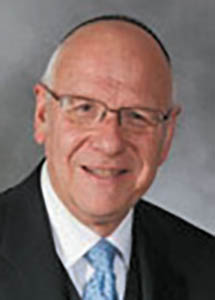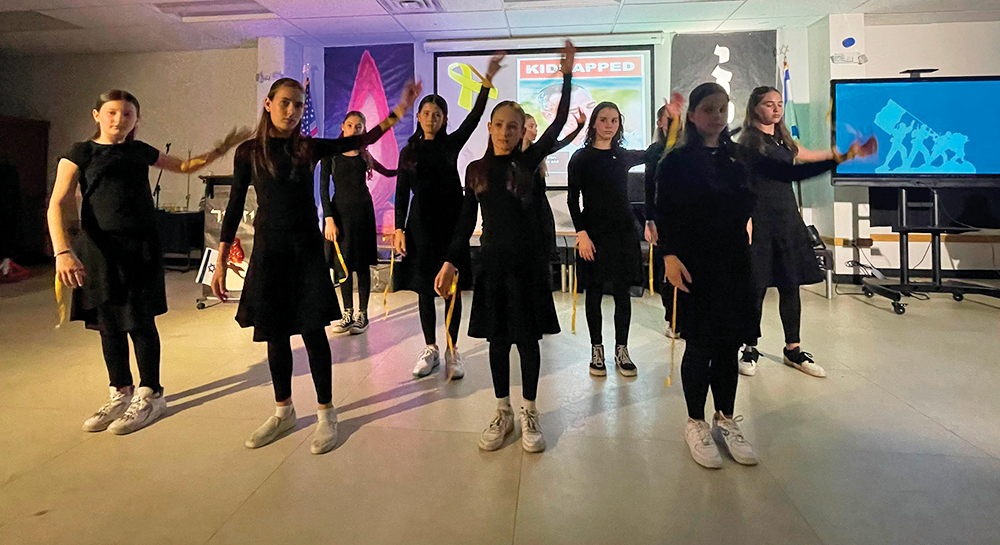
Parshat Noach
The selection of Chapters 54-55 in Yeshayahu as this week’s haftarah seems to be rather obvious. These chapters are found in the latter part of Sefer Yeshayahu, in the section that includes the navi’s visions of comfort, which is why they were read recently as part of the haftarot of consolation, the sheva d’nechemta, that follow Tisha B’Av. The connection to our parsha is found in the prophet’s words “ki mei Noach zot li—this [oath of God not to pour His wrath out against Israel after He brings the geula] is like the oath I made regarding the waters of Noach [never again to flood the earth],” an oath of which we read in the parsha.
Some argue that the connection to our parsha can also be seen in the beginning of Chapter 54, where the navi calls for the barren woman to rejoice, a hint to the closing of Parshat Noach where we read that Avram’s wife, Sarai, was barren. Others point to the haftarah’s expression “B’shetzef ketzef—with a slight [short-termed] anger have I hidden My presence from you,” which reminds us of the quick, relatively short-termed flood that inundated the earth as God, seemingly, hid His presence from mankind.
As is true so often, however, there is yet another, even deeper, connection to this week’s Torah reading. The flood was not simply a punishment for a sinful and corrupt generation. It was meant to be the beginning of a new epoch, a new world, for humanity. God placed the first couple in Gan Eden and blessed them to increase and fill the earth while also prohibiting them from eating the fruit of the forbidden trees. He placed Noach and his family on Mt. Ararat, blessing them to increase and fill the earth while also imposing the seven Noahide laws (sheva mitzvot b’nai Noach), a basic moral code for humanity. It was a “re-genesis.”
In a similar fashion, the prophet tells the nation that the punishments that would befall them as a result of their sins must also be seen as a new beginning, an opportunity to repent, to rebuild faith in God and to recreate a moral and just society. Such, therefore, is the challenge that we face as the redeemed generation who returned home after the destruction of the Holocaust: to rebuild our faith and our land and to create the just and moral society that Hashem demands of us.
By Rabbi Neil N. Winkler













